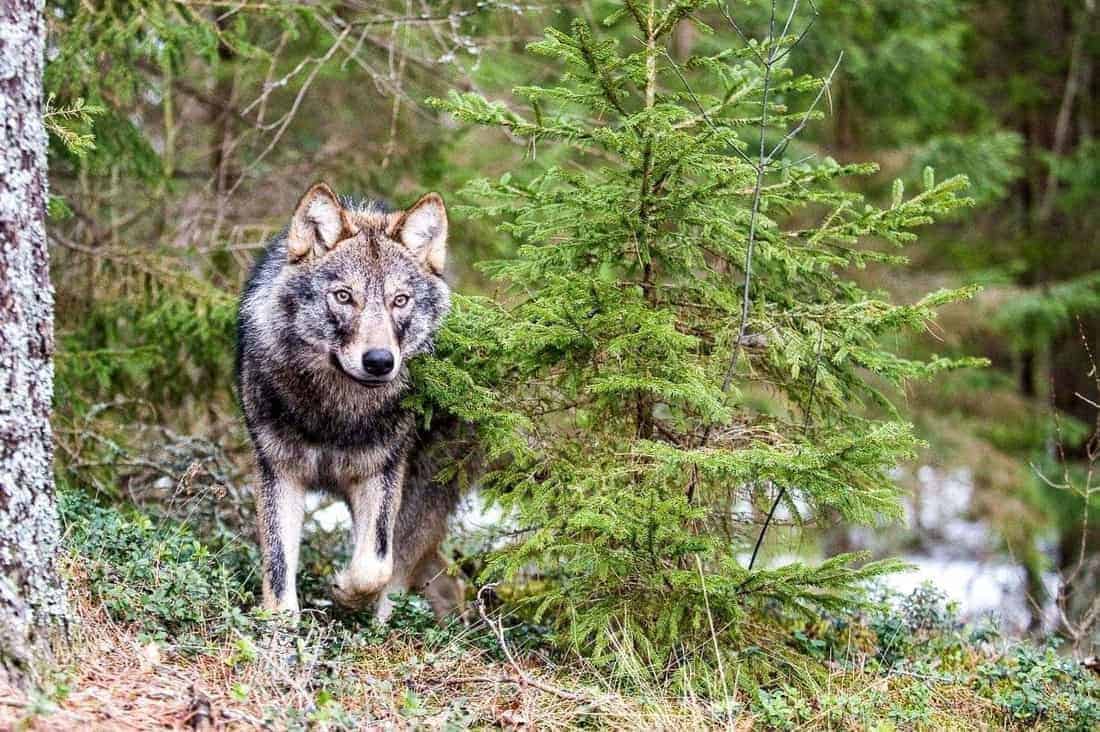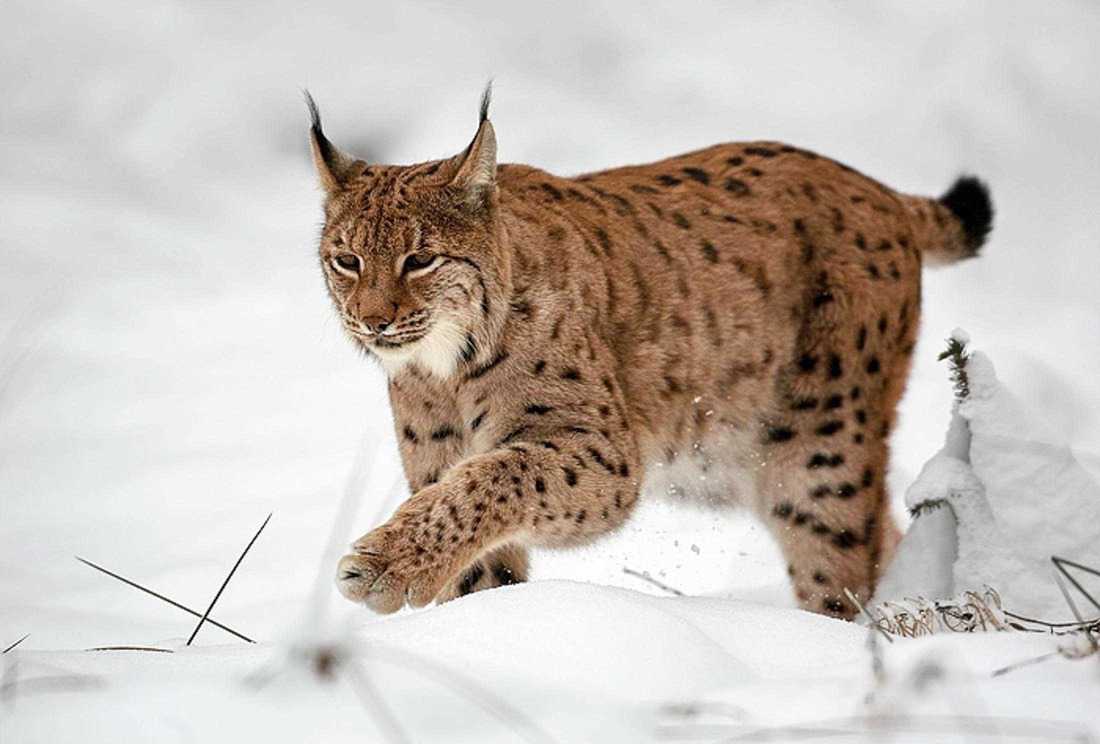Wolf is welcome in The Netherlands
With 57%, the majority of Dutch people stand positive towards the return of the wolf. It is one of the conclusions in a newly published survey-report. The Dutch Ministry for Agriculture, Nature and Food Quality gave order to conduct the survey. Back in 2012, just 45% of the Dutch were positive to the wolf’s return. At that time however, the first wolf had yet to settle on Dutch territory.
Please also read: First wolf pack confirmed in The Netherlands
No fear, but more information needed
People who currently live in areas where wolves occur, do not think differently about the wolf. Even 65% of the participants confirmed that they do not see the wolf as a dangerous animal. In fact, most Dutch people would not avoid natural areas where wolves settle. Better yet, they say that it would be exiting and special to visit such an area. On the other hand, the smaller share (18%) of people who are against the wolf’s return, believe the wolf causes dangerous situations and is a nuisance.
Most people seem to have good general knowledge about the wolf, but more information is needed. A conclusion of the surveyors is therefore to focus more on public awareness raising. Especially important is to inform the general public how to behave and deal with wolves in nature. Most people indicate that they are currently unaware what to do, if they encounter a wolf. Nevertheless, it has to be clearly communicated that the wolf is a wild animal, which requires certain precautionary measures.
Livestock protection measures
Half of the participants believe that the wolf belongs to the Dutch nature, and recognise their important ecological role. The participants believe that the wolf is a smart animal, and nearly half of the participants would like to meet a wolf in the wild. Furthermore, most people are aware of and accept the damages that wolves can cause, for example with depredation of livestock. Most Dutch are also aware that the wolf’s diet contains more than just sheep.
In the past weeks, several livestock depredation events occurred in The Netherlands. The Dutch Minister wants to know how this affects the opinion towards the wolf. Simultaneously, the Minister wants to explore opportunities to reduce any nuisance the wolf could cause. Last week, the EU Court of Justice confirmed that wolves remain strictly protected, also when they leave their natural habitat.
Fortunately, a Dutch pilot project with livestock guarding dogs showed that such measures are effective. Investing in effective livestock protection measures is therefore crucial to achieve a sustainable coexistence. Likewise, the survey indicates that compensation of damages and financial support for livestock protection measures are very important to establish a coexistence with the wolf.









94% of all mammalian life on earth is humans, our livestock and pets. So giving back some room to nature, including wolves, is long overdue.
Excellent news!
The main difference between wolves & humanity is that wolves kill their food directly, while humans overwhelmingly hire others to kill the animal – yet so many are detached from this reality, believing above the wolf way simply because the process of the kill is sublimated, removing consciousness from that process so as to enjoy the end result.